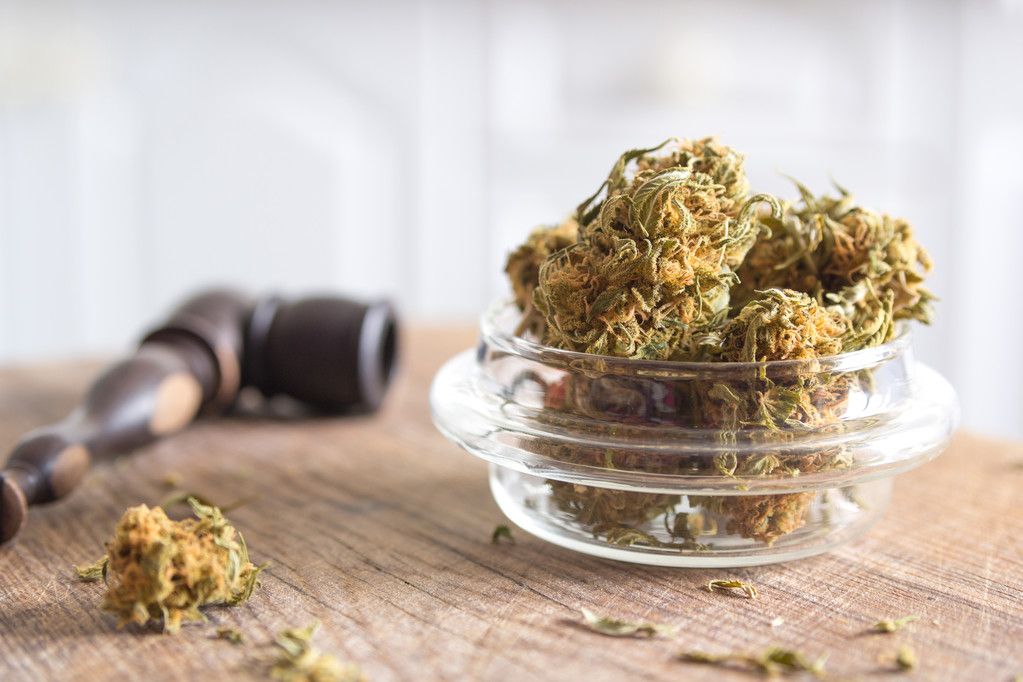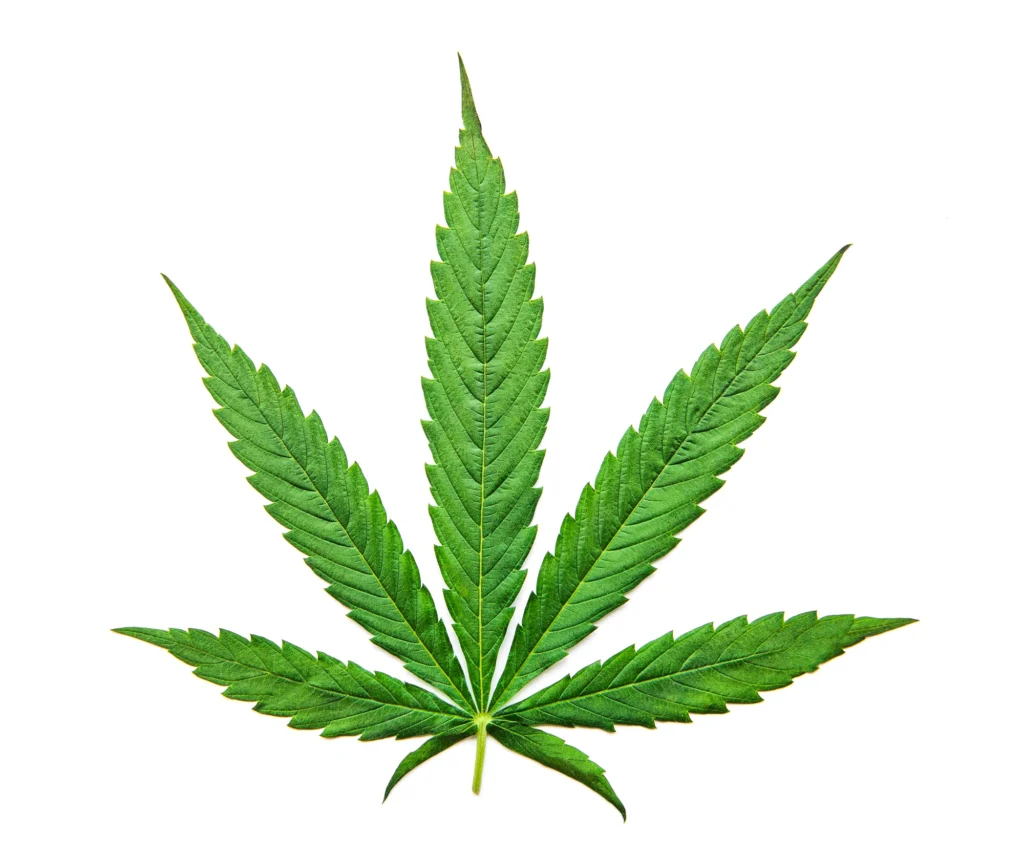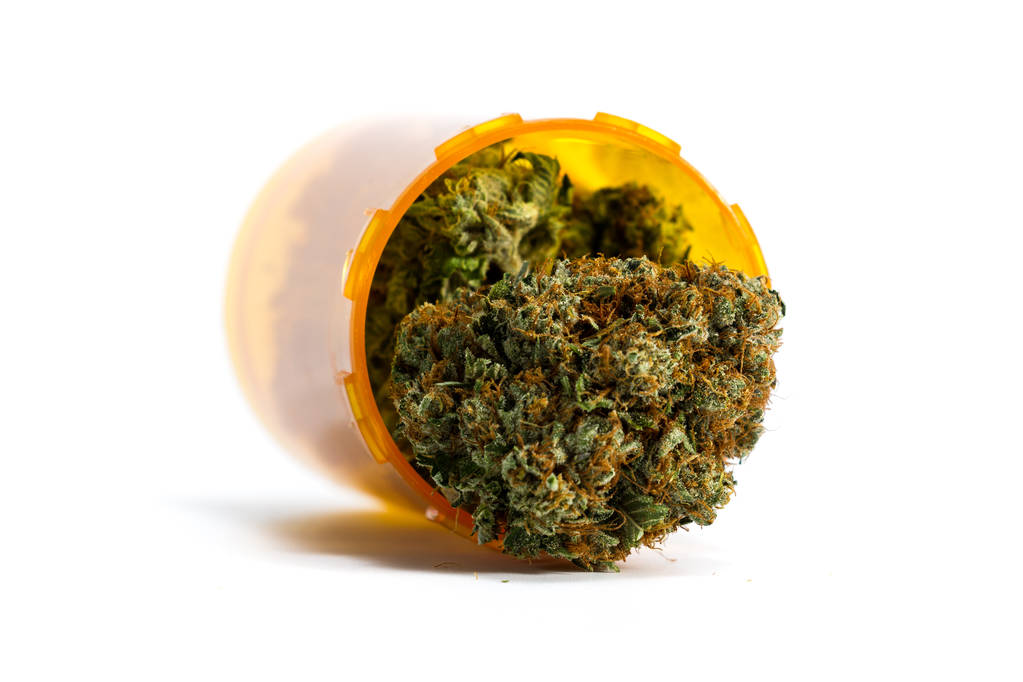A bill introduced today in the Kentucky legislature, House Bill 571, would expand the state’s medical marijuana law.

If enacted, the measure would allow registered patients aged 18 and older to cultivate up to three mature plants and three seedlings on private property they own. Caregivers could grow the same amount for each patient under their care.
The bill eliminates any requirement for patients or caregivers to register with the state for home cultivation. Additionally, marijuana grown under this provision would not be subject to the potency limits that apply to commercially sold products. However, the legislation maintains strict restrictions on transfers, prohibiting patients and caregivers from selling or giving marijuana plants or products to anyone else. Those who violate this provision could face prosecution under state law.
Continue reading














